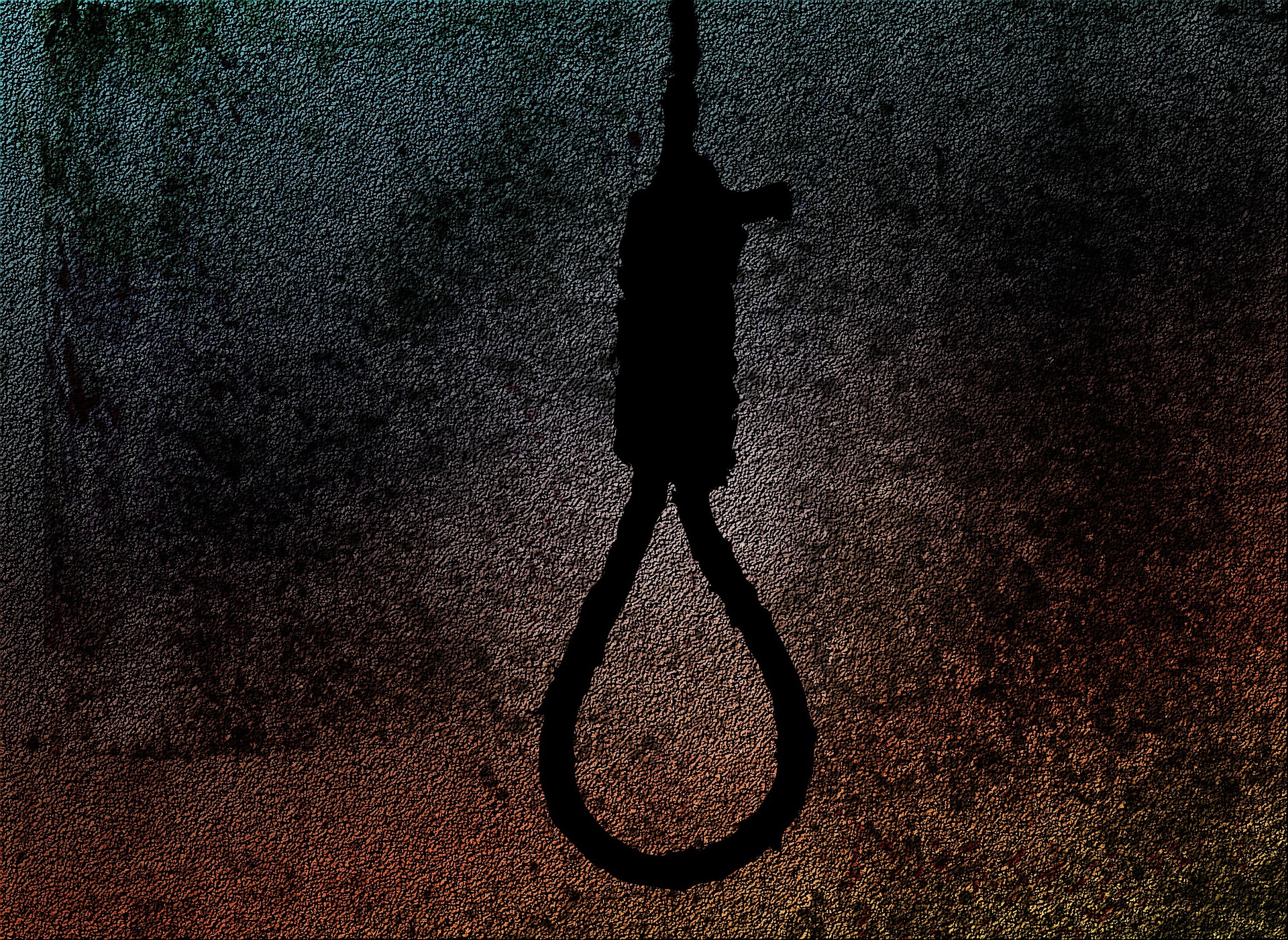
Because of its significance and the way, it opens the door to a wide range of feelings and attachments in the natural cycle, human life is highly valued in society. That may be the cause that distinguishes humans from other living things and explains the significance of human life in this everlasting universe. The death penalty refers to a situation in which an individual’s life is taken by the State in accordance with the legal process for a serious crime they have committed. However, the death sentence is not new in the modern world; it dates back to an era that seems to have no end. It has been used in every human community throughout the ages.
India is a well-known developing nation; while it hasn’t succeeded in ending the death penalty, it has granted executions in an extremely small number of cases. Even if there are other laws and penalties that must be followed, the idea of the death penalty is essential to the criminal justice system. The death penalty has caused a great deal of issues for today’s society.
what is death penalty in india?
- The definition of death penalty under ipc is, one kind of punishment meted out to those who have committed horrible crimes including murder, terrorism, and treason is the death penalty. It is regarded as the harshest kind of punishment there is. In India, several crimes are punishable by death penalty under ipc.
which crimes have death penalty in india?
- As per Section 302 of the IPC, an individual convicted of murder faces either life imprisonment or the death penalty. Section 300 of the Indian Penal Code defines murder as the willful killing of another person without cause or explanation. But not every murder qualifies for the death punishment.
- The death sentence according to ipc can only be applicable in certain situations, such as when a murder is committed with the intent to kill a public official, when it occurs during a robbery, or when it occurs with the cooperation of another individual who has already received the death penalty.
- The death sentence may also be applied in accordance with other IPC sections outside of murder and rape. For instance, if someone is found convicted of waging war against the Government of India, they may be executed under Section 121 of the Indian Penal Code.
- Similarly, aiding and abetting the Government of India in the conduct of war is punishable by death under Section 122 of the Indian Penal Code.
- Not every crime carries a death sentence. For instance, crimes like theft, fraud, and forgery do not carry the death penalty. This is so because there is no violence or death involved in these actions.
- Only the most heinous offenses that result in human casualties or endanger public safety are eligible for the death penalty.
death penalty in india ipc: Case Rulings
Examining whether the death penalty or the death sentence is constitutionally permissible is a crucial consideration in the criminal justice system. The majority of India’s historic cases concern the use of the death penalty and the legality of death sentences. In talking about the matter, the idea of RAREST OF RARE CASE also became relevant.
- In the case of Shabnam v Union of India, the woman received a death sentence from the court and was executed by hanging, a first for the Indian criminal justice system. In this instance, Shabnam killed her family members along with her lover. This incident took place in 2008. Because her family was preventing her from marrying her sweetheart, Shabnam killed them.
She thus intended to kill her family brutally, which served as the exacerbating factor. Her 10-month-old nephew was brought to get covered in blood by her, and she didn’t even let him go. She also asked the president for mercy, but it was denied, and by the next year, she will likely be executed by hanging.
- In the case of Surendra Koli v State of UP, known by most as Nithari Kaand, this event occurred in 2007 and was one of the most stunning news for Indians. In this instance, the bodies of the adults and children who had passed away were discovered at Mohinder Singh Pandher’s home in the Noida village of Nithari.
Upon closer examination of the case, it was discovered that he had killed, raped, and eaten the girls’ bodies. He was given the death punishment because he had raped fifteen girls. He was protected by the exacerbating circumstances. However, according to specific terms of the plea agreement, he was sentenced to life in jail.
Strict penalties are necessary to deter potential offenders and to guarantee that peace, quiet, and order within society are not jeopardized. The life of a single prisoner, who doesn’t even deserve to exist in a society of civilized people, cannot be sacrificed by the State at the expense of hundreds of thousands of innocent people. The death penalty must therefore remain in place.









